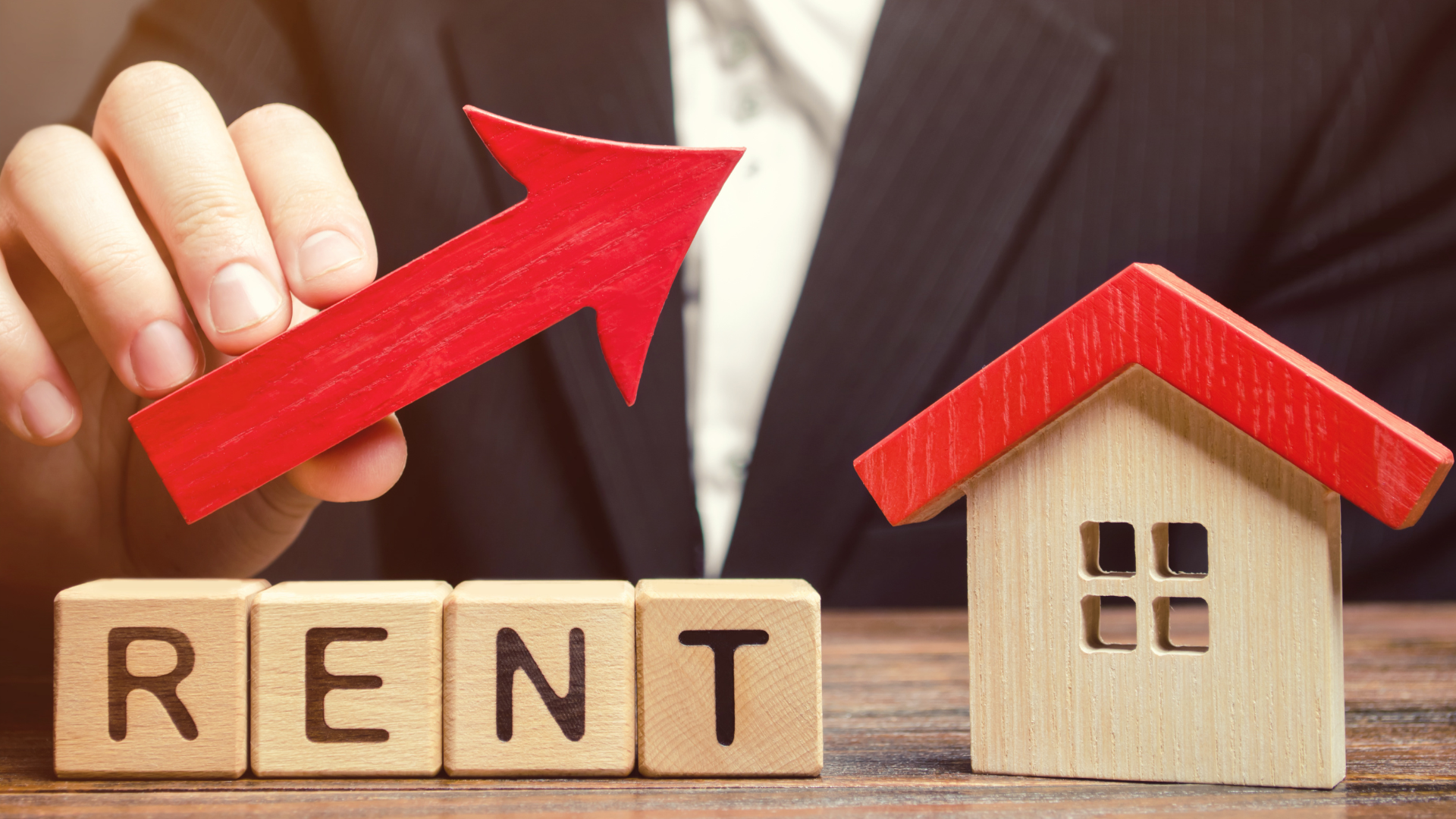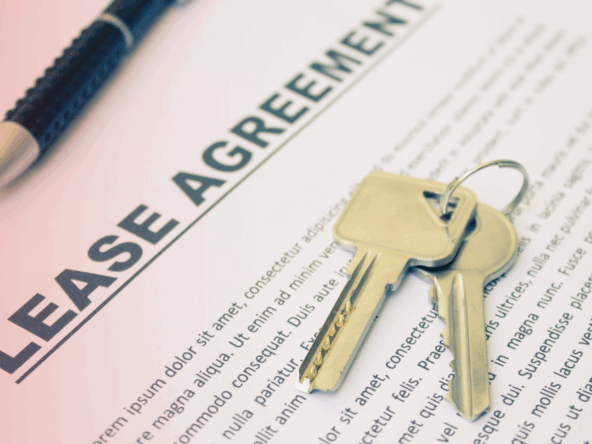Managing rent increases is an essential part of being a landlord. Property management Hamilton can help ensure your rental property remains profitable while balancing tenant satisfaction and legal requirements.
Properly navigating rent increases requires a strategic approach and effective communication.
Here’s a comprehensive guide to help you manage rent increases smoothly and professionally.
1. Understand the Market
Research Local Rental Rates
Before deciding on a rent increase, research the local rental market. Consider:
- The average rental rates for similar properties
- Demand and supply trends in your area
- Factors such as inflation and property value appreciation
This knowledge will help you determine a fair and competitive increase while avoiding tenant turnover.
2. Review Lease Terms
Check the Lease Agreement
Examine the current lease agreement to confirm:
- If and when rent increases are permitted
- The required notice period for a rent adjustment
- Any restrictions or clauses related to increases
Legal compliance is crucial to avoid disputes and ensure a smooth transition.
3. Calculate the Increase
Determine a Fair Amount
Base your rent increase on factors such as:
- Inflation and cost of living adjustments
- Property upgrades and maintenance costs
- Market demand and competition
A reasonable increase typically ranges from 2-5% annually, ensuring affordability while maintaining profitability.
4. Provide Ample Notice
Inform Tenants Early
Most jurisdictions require landlords to give 30-60 days’ written notice before a rent increase takes effect. Early notification helps tenants:
- Plan their finances accordingly
- Consider their options
- Reduce disputes and stress
5. Communicate Clearly
Explain the Reasons
Transparency builds trust and understanding. When notifying tenants, highlight:
- Reasons for the rent increase (e.g., higher maintenance costs, market adjustments)
- Property improvements that enhance their living experience
- Comparable rental data to justify the adjustment
6. Be Open to Negotiation
Discuss Concerns
A flexible approach can retain good tenants. Be open to discussions and consider:
- Gradual increases over a few months
- Offering incentives (e.g., upgrades or extended lease terms)
- Addressing tenant concerns to find a mutually beneficial solution
7. Highlight the Benefits
Showcase Improvements
If you’ve made property upgrades, ensure tenants see the value. Improvements may include:
- Renovated kitchens or bathrooms
- New appliances or energy-efficient systems
- Enhanced security features
8. Provide Ample Notice with Property Managers in Hamilton
Show Market Comparisons
Tenants may be more accepting of a rent increase if they see:
- Comparable rental rates in the area
- Rising property values and local demand
- How their rent aligns with similar properties
9. Offer Flexible Payment Options
Ease the Transition
Consider offering flexible payment options to help tenants adjust:
- Phased increases over a few months
- Short-term rent discounts for long-term leases
- Flexible due dates if feasible
10. Stay Informed on Legal Regulations
Follow Legal Guidelines
Stay updated on local and national rental laws to ensure:
- Rent increases are lawful and justified
- Tenants are given proper notice and documentation
- You avoid potential legal disputes
11. Keep Open Communication
Maintain Good Relationships
Consistent and open communication helps build trust and tenant satisfaction. Keep tenants informed about:
- Future rent adjustments well in advance
- Property improvements and benefits
- Your commitment to providing a quality rental experience
Navigating rent increases requires a balanced approach that considers both your financial needs and tenant satisfaction.
By following these steps, you can implement rent increases smoothly, maintain positive relationships, and ensure the continued success of your rental property.
Happy renting!




